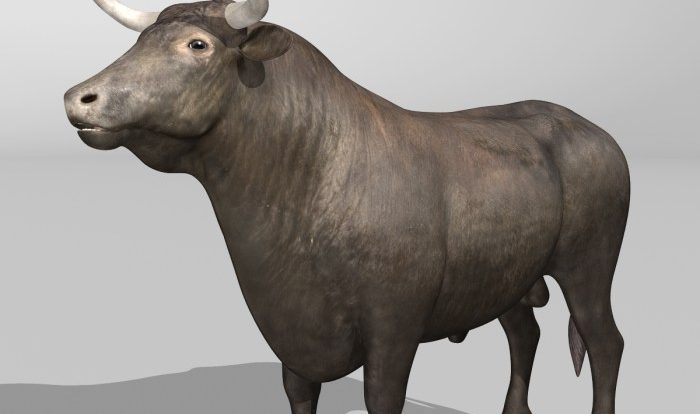Delving into the intriguing realm of bovine dietary habits, we embark on a quest to uncover the answer to a perplexing question: do cows eat morel mushrooms? As we explore the nutritional landscape of cows and the characteristics of these elusive fungi, we unravel a fascinating tale of potential consumption and its implications for bovine health and milk production.
Morel mushrooms, with their distinctive honeycomb-like caps and earthy aroma, thrive in moist woodlands during springtime. Their nutritional profile boasts an array of vitamins, minerals, and antioxidants, making them a prized delicacy among mushroom enthusiasts.
Cow’s Dietary Habits
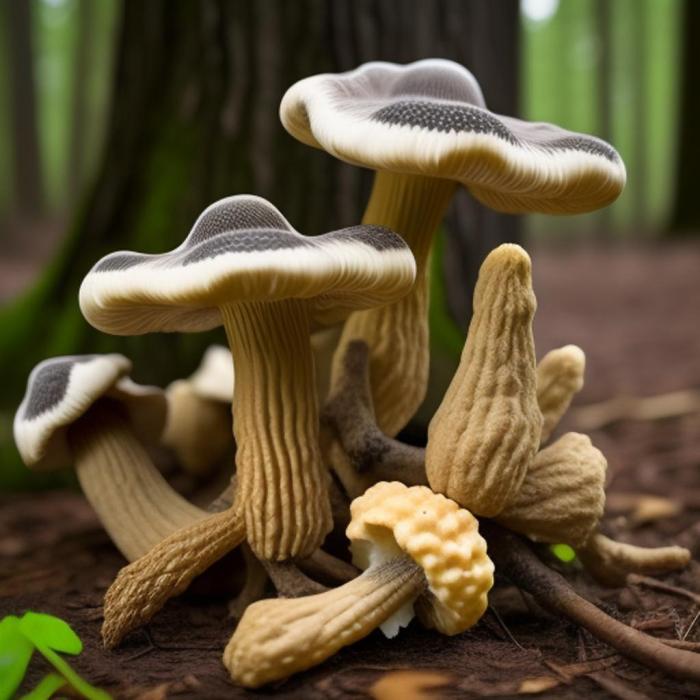
Cows are herbivores, meaning they primarily consume plant material. Their feeding behavior is characterized by grazing, which involves consuming grasses and other vegetation close to the ground. Cows have a complex digestive system that allows them to break down and utilize plant matter efficiently.
The types of vegetation and plants that cows typically consume vary depending on the season and geographical location. In general, cows prefer grasses, legumes, and other herbaceous plants. They may also consume leaves, twigs, and bark from trees and shrubs.
Nutritional Requirements
Cows have specific nutritional requirements to maintain their health and productivity. These requirements include:
- Energy: Cows require a high amount of energy to support their large body size and metabolic processes. The primary source of energy for cows is carbohydrates, which they obtain from grasses and other plant material.
- Protein: Cows require protein for growth, muscle development, and milk production. Protein is found in legumes, oilseeds, and other plant sources.
- Minerals: Cows require a variety of minerals, including calcium, phosphorus, potassium, and magnesium. Minerals are essential for bone health, muscle function, and other bodily processes.
- Vitamins: Cows require vitamins, including vitamin A, vitamin D, and vitamin E. Vitamins are essential for immune function, vision, and other bodily processes.
Morel Mushrooms
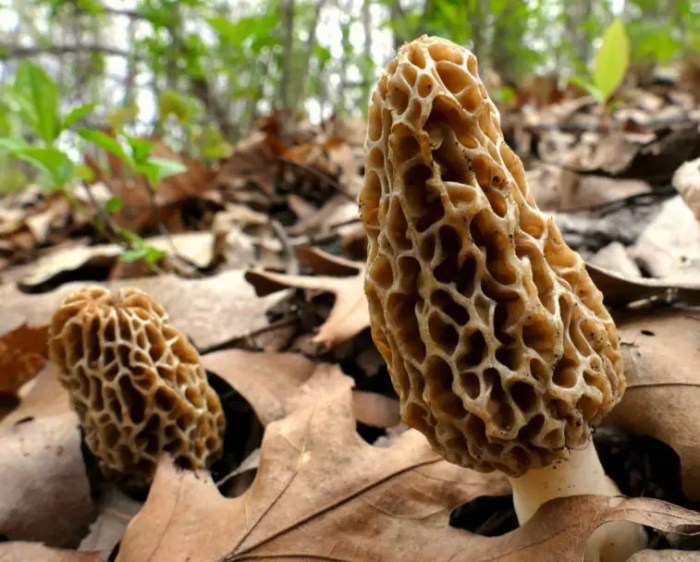
Morel mushrooms are highly prized by mushroom enthusiasts for their unique flavor and texture. They are characterized by their distinctive honeycomb-like cap and hollow stem. The cap is typically conical or oval in shape, with a wrinkled or pitted surface.
The color can vary from light tan to dark brown, depending on the species and age of the mushroom. The stem is white or cream-colored and is attached to the cap at the center. Morel mushrooms have a delicate, nutty flavor and a firm, meaty texture.
Habitat and Availability
Morel mushrooms are found in a variety of habitats, including forests, meadows, and grasslands. They prefer moist, well-drained soil and are often associated with certain types of trees, such as elm, ash, and aspen. Morel mushrooms are typically found in the spring, after the ground has warmed up but before the leaves have fully emerged on the trees.
They are a highly prized delicacy and can be difficult to find in the wild.
Growth Patterns
Morel mushrooms are saprobic, meaning they obtain their nutrients from decaying organic matter. They form symbiotic relationships with certain types of trees, which help them to absorb water and nutrients from the soil. Morel mushrooms grow in clusters and can reach heights of up to 12 inches.
Although cows are known to be herbivores, they do not typically consume morel mushrooms. Instead, they prefer to graze on grasses and other vegetation. However, there is a book that might interest you, gateway to art 4th edition , which explores the topic of art and its impact on society.
Returning to the topic of cows and morel mushrooms, while cows may not actively seek out these mushrooms, they are not harmful to them if ingested.
They are typically found in groups of 2-10 mushrooms, but larger clusters are not uncommon.
Potential Consumption of Morel Mushrooms by Cows: Do Cows Eat Morel Mushrooms
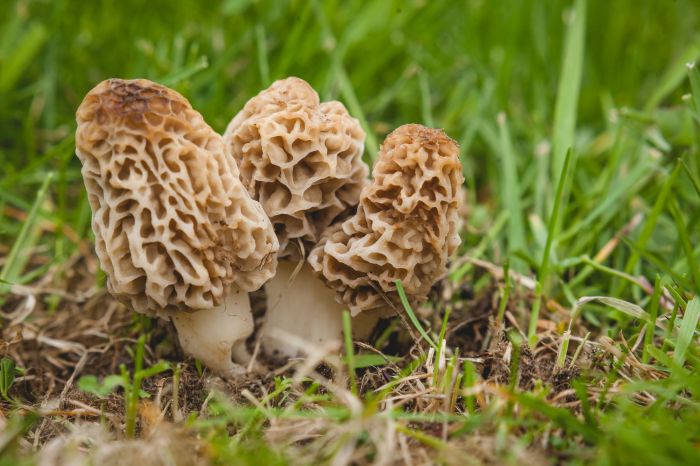
While there is limited scientific evidence specifically examining the consumption of morel mushrooms by cows, anecdotal observations suggest that cows may indeed consume these fungi as part of their diet.
Factors Influencing Consumption, Do cows eat morel mushrooms
Several factors could influence a cow’s decision to consume morel mushrooms, including:
- Availability:The presence and abundance of morel mushrooms in the cow’s grazing area play a significant role in determining whether they will be consumed.
- Nutritional Value:Morel mushrooms are a good source of protein, vitamins, and minerals, which may make them an attractive food source for cows.
- Taste and Smell:Cows have a keen sense of smell and taste, and the unique aroma and flavor of morel mushrooms may be appealing to them.
- Safety:Morels are generally considered safe for human consumption, but some species may contain toxins that could pose a risk to cows.
Nutritional Benefits and Risks
The potential nutritional benefits and risks associated with cows eating morel mushrooms are not fully understood.
On the one hand, morels contain various nutrients that could benefit cows, such as protein, vitamins B and D, and minerals like potassium and iron.
On the other hand, some morel species may contain toxins that could potentially harm cows if consumed in large quantities. These toxins can cause digestive upset, liver damage, or even death in extreme cases.
Comparative Analysis of Nutritional Value
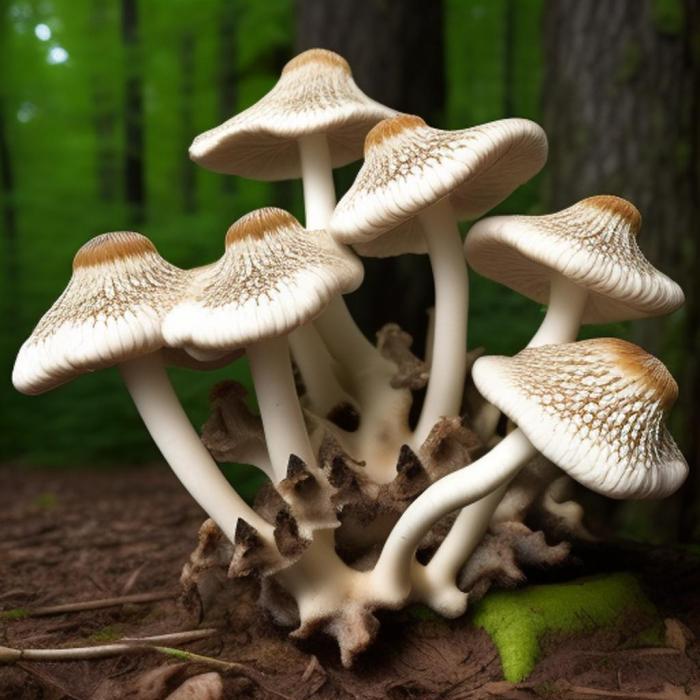
Morel mushrooms, while not a typical part of a cow’s diet, offer a unique nutritional profile compared to other types of vegetation commonly consumed by cows. To better understand the potential implications of morel mushroom consumption by cows, a comparative analysis of their nutritional composition is essential.
The table below compares the nutritional composition of morel mushrooms to that of grass, hay, and alfalfa, three common types of vegetation consumed by cows:
| Nutrient | Morel Mushrooms | Grass | Hay | Alfalfa |
|---|---|---|---|---|
| Protein | 3.2 g/100 g | 2.9 g/100 g | 8.3 g/100 g | 17.0 g/100 g |
| Carbohydrates | 6.3 g/100 g | 10.5 g/100 g | 40.7 g/100 g | 38.6 g/100 g |
| Vitamin D | 0 IU/100 g | 0 IU/100 g | 1250 IU/100 g | 1000 IU/100 g |
| Potassium | 420 mg/100 g | 280 mg/100 g | 2500 mg/100 g | 2300 mg/100 g |
| Iron | 8.1 mg/100 g | 1.5 mg/100 g | 12.0 mg/100 g | 10.0 mg/100 g |
As the table shows, morel mushrooms are lower in protein and carbohydrates compared to hay and alfalfa, but higher in protein compared to grass. They are also a good source of vitamin D, which is not found in grass or hay.
Additionally, morel mushrooms are a rich source of iron, providing more than five times the amount found in grass.
The nutritional differences between morel mushrooms and other types of vegetation may have implications for cow health and diet. For example, the higher protein content of morel mushrooms could potentially contribute to increased milk production in cows. Additionally, the presence of vitamin D in morel mushrooms could be beneficial for bone health in cows, especially during periods of low sunlight exposure.
However, it is important to note that morel mushrooms are not a typical part of a cow’s diet, and their consumption should be monitored to avoid potential digestive issues. Additionally, more research is needed to fully understand the long-term effects of morel mushroom consumption on cow health and diet.
Potential Impact on Cow Health and Milk Production
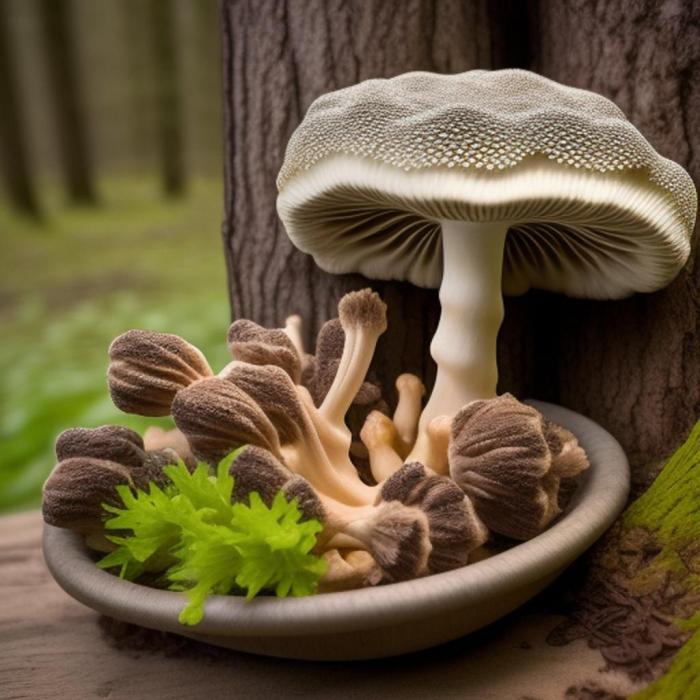
The consumption of morel mushrooms by cows has the potential to influence their overall health and milk production in several ways.
Impact on Cow Health
Morel mushrooms contain a variety of nutrients that can be beneficial for cows, including vitamins, minerals, and antioxidants. These nutrients can support overall health and well-being, boost the immune system, and reduce the risk of certain diseases. Additionally, the high fiber content of morel mushrooms can aid in digestion and prevent digestive issues.However,
it’s important to note that some morel mushrooms may contain toxins that can be harmful to cows if consumed in large quantities. These toxins can cause gastrointestinal upset, neurological problems, and even death in severe cases. Therefore, it’s essential to ensure that cows have access to safe and edible morel mushrooms.
Impact on Milk Production
The consumption of morel mushrooms by cows may also affect milk production. Some studies have shown that cows that consume morel mushrooms experience an increase in milk yield. This is likely due to the presence of nutrients in morel mushrooms that support milk production, such as vitamins, minerals, and protein.Additionally,
morel mushrooms contain certain compounds that have been shown to have antibacterial and antifungal properties. These compounds may help to improve the quality of milk by reducing the risk of contamination and spoilage.However, excessive consumption of morel mushrooms by cows can potentially lead to changes in milk flavor.
Some people report that milk from cows that have consumed morel mushrooms has a slightly earthy or mushroomy taste. This flavor change may not be desirable for all consumers, so it’s important to monitor milk quality and adjust the amount of morel mushrooms in the cows’ diet accordingly.
Potential Risks and Concerns
While morel mushrooms can provide certain benefits for cows and milk production, there are also some potential risks and concerns to consider.As mentioned earlier, some morel mushrooms may contain toxins that can be harmful to cows. It’s crucial to identify and avoid toxic species to prevent health issues.Additionally,
morel mushrooms are typically found in the wild, and they can accumulate contaminants from the environment, such as heavy metals or pesticides. These contaminants can be passed on to cows through milk, potentially posing health risks to consumers.Therefore, it’s important to ensure that cows have access to clean and safe morel mushrooms, and to monitor milk quality regularly to ensure its safety for consumption.
FAQ Section
Are morel mushrooms toxic to cows?
While morel mushrooms are generally considered safe for human consumption, there is limited information on their toxicity in cows. However, some species of morels may contain toxins that can cause digestive upset in animals.
Can cows benefit nutritionally from eating morel mushrooms?
Morel mushrooms are a good source of protein, vitamins, and minerals. However, their availability and consumption by cows in natural grazing conditions are likely to be limited.
How can I encourage my cows to eat morel mushrooms?
Cows are primarily grazers and may not actively seek out morel mushrooms. Providing them with a varied diet that includes mushroom-rich pastures or supplements may increase their chances of consuming morels.
